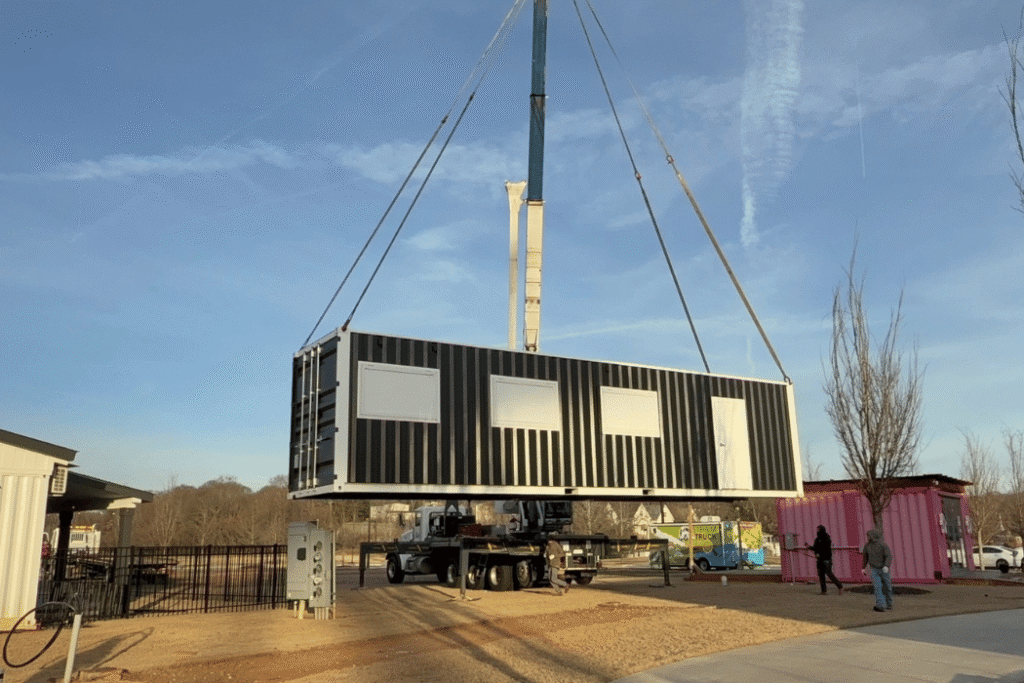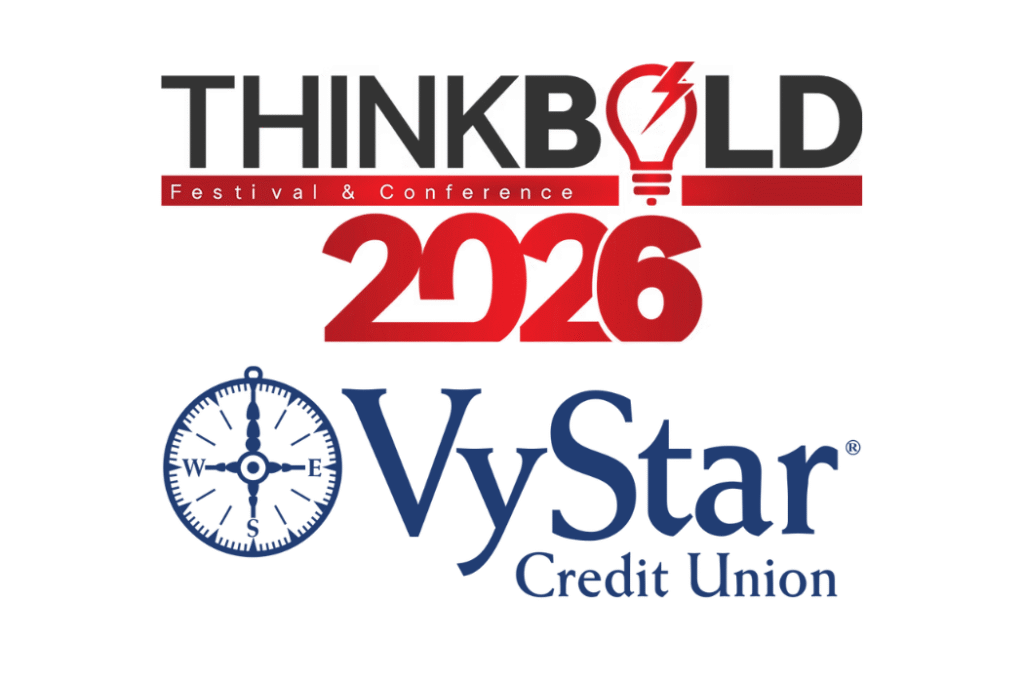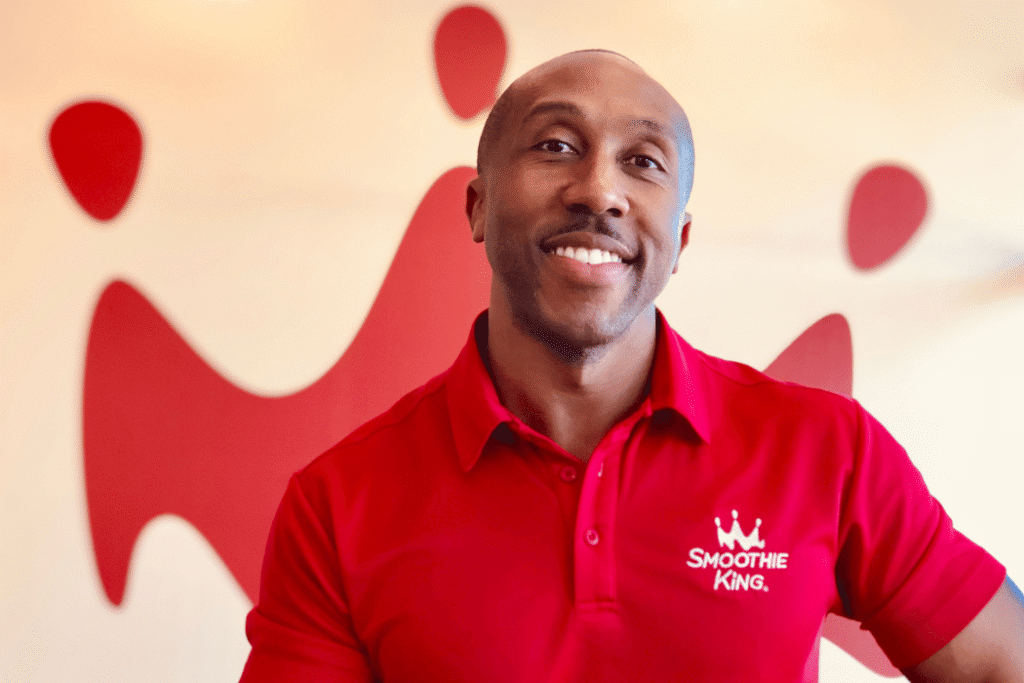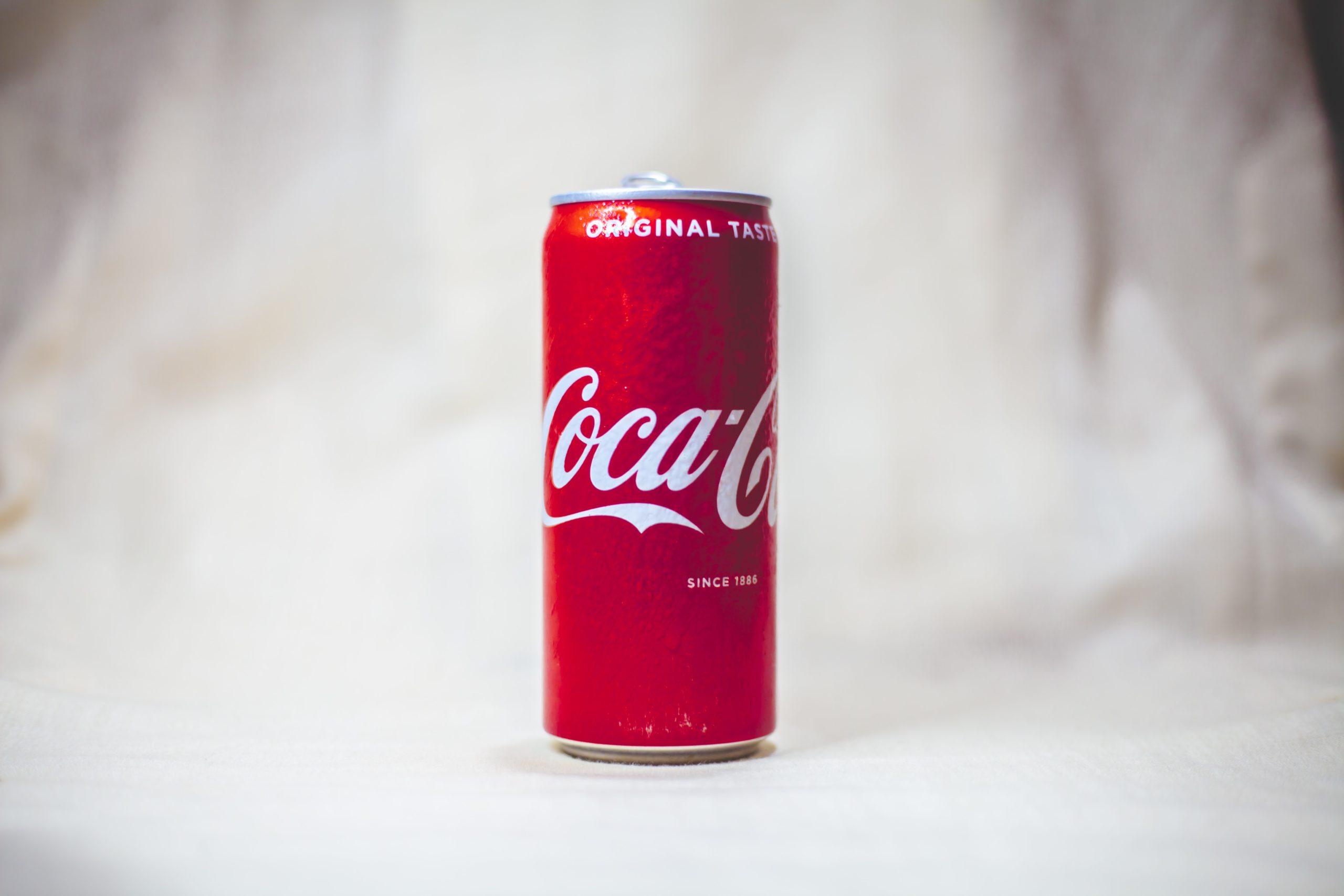
Company teams with National Minority Supplier Development Council to promote social justice and economic opportunity.
The Coca-Coca Company’s longstanding commitment to supplier diversity has never been more important, as minority-owned businesses continue to bear the economic brunt of both the COVID-19 pandemic and systemic social injustice.
More than 40 percent of Black-owned businesses had shuttered due to COVID-19 as of May, according to data from the National Bureau of Economic Research. And while government relief programs have helped some owners, many still need support and are at risk of closing permanently.
Coca-Cola recently announced plans to step up spending with Black-owned enterprises across its supply chain by at least $500 million over the next five years. The pledge – which is more than double the company’s current spend – will provide Black entrepreneurs and innovators with opportunities for growth and economic empowerment.
“Enabling a spirit of resilience is part of the Coca-Cola DNA,” said Terrez Thompson, VP, Global Supplier Diversity, The Coca-Cola Company. “The events of 2020 have motived us to expand exponentially the work we do. We know can be part of the solution by accelerating our investment in Black-owned businesses and doing our part to push their pivot to the tipping point. Because we want them to not only survive, but to thrive.”
Despite challenges faced in the first half of this year, studies show that Black-owned businesses remain optimistic. Agile operators are navigating the “new abnormal” by reinvesting in their local communities and finding ways to innovate and pivot. For example, Harris & Ford – which provides ingredient logistics and warehousing support to Coca-Cola – has transformed its operations to produce hand sanitizer. Coca-Cola has purchased $70,000 in sanitizer from the firm for use in its facilities.
To support the $500 million commitment, Coca-Cola became the first corporate partner to pledge support of the National Minority Supplier Development Council (NMSDC)’s “In This Together” campaign to help America’s Black business community recover from the economic hardship of 2020. Coke will continue to partner with NMSDC on programs that develop, educate and provide access to invaluable resources to minority business enterprises (MBEs) nationwide. And eco-friendly cleaning solutions provider DevMar Products partnered with seven fellow women-owned businesses in Nashville, Tenn. to form a collaborative focused on providing offices with personal protective equipment (PPE), sanitizing products and more.
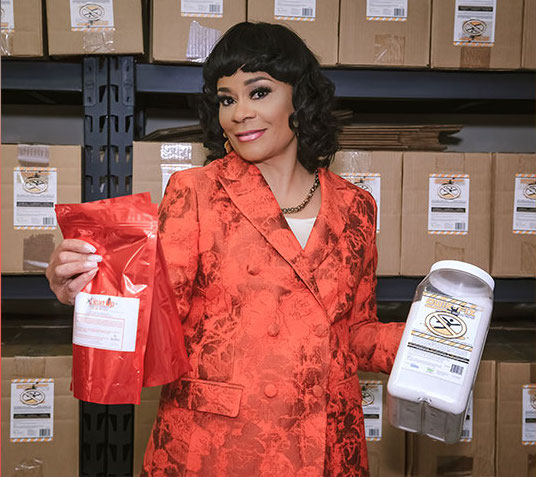
“In the wake of COVID-19, supply chain distribution channels have been challenging, yet it is where true partnerships have meaning when both parties work closely together toward successful outcomes,” Sharon W. Reynolds, DevMar Products president and CEO, said of her company’s collaboration with Coca-Cola. “I am proud to be a part of an organization that truly makes a difference throughout the world.”
“In This Together” initiatives include:
- Providing MBEs with direct access to Payroll Pro PPP funds through a partnership with the NMSDC Business Consortium Fund and Midwest BankCentre.
- Supporting minority businesses struggling from the COVID-19 economic downturn and sustaining damage and vandalism from protests through The REBUILDING Fund.
- Eradicating the racial wealth gap and startup capital gap to build and scale minority businesses via The Minority Business Advocacy Initiative, an inter-organization coalition.
- Accelerating the NMSDC Business Consortium Fund, the only U.S. nonprofit Community Development Financial Institution (CDFI) focused exclusively on financing the growth and development of NMSDC-certified MBEs operating in corporate and government supply chains, and helping raise capital for low-interest loans to MBEs.
- Establishing the NMSDC Academy to provide immersive professional development and learning opportunities – including Emerging Young Entrepreneurs, Minority Business Leadership Academy, Centers of Excellence Certificate Program, and Women of Color initiatives – for MBEs and NMSDC corporate partners.
“The Coca-Cola Company and our bottling partners have a longstanding commitment to the growth and development of diverse suppliers,” said Mark Westfall, chief procurement officer and head of supplier services, The Coca-Cola Company. “We have consistently grown our commitment and spend with diverse suppliers over the 45-plus years since our Supplier Diversity program began. We are proud to partner with NMSDC and in 2020 will continue to financially support NMSDC’s MBE economic inclusion and parity initiatives while growing our overall diverse supplier spend.”
“I appreciate the generosity of these donors as well as those companies in the process of finalizing their commitments,” said NMSDC President and CEO Adrienne Trimble. “Their swift response to our call to action is already allowing NMSDC to deploy funds to our MBEs and strengthens our ability to expand support further into the Black business community.”
As the country’s leading minority business development organization, NMSDC supports the economic sustainability of more than 12,000 certified MBEs and advances minority business development by facilitating procurement opportunities between its certified MBEs and corporate member network. Dozens of other companies, and several certified MBEs have since responded to the NMSDC’s call to action. Learn more about the campaign.
In addition to supporting the “In This Together” campaign, Coca-Cola recently expanded its Women of Color initiative through a partnership with the Minority Business Development Agency (MBDA) and helped the NMSDC reach nearly 6,000 women through virtual programming in less than a month. In July, more than 250 Latina women entrepreneurs completed a Spanish language version of the company’s Supplier Training & Empowerment Program (STEP) in partnership with the U.S. Hispanic Chamber of Commerce.
Additionally, the company’s Supplier Development training program – a partnership with the University of Georgia’s Small Business Development Center (SBDC) to help diverse suppliers build capability and competitively pursue contracts and business opportunities – expanded from five to 19 participants.


